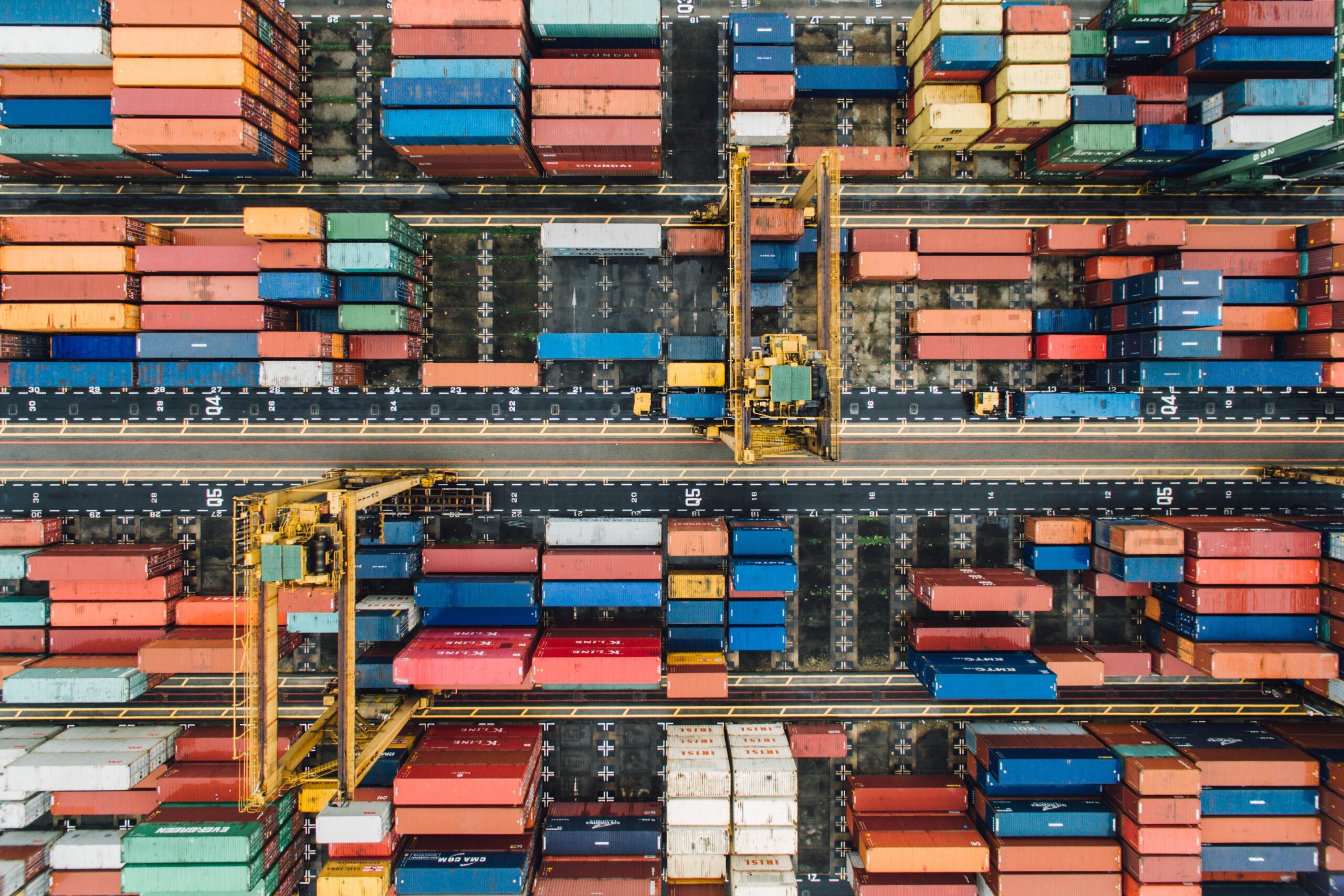The international trade system has witnessed the rapid growth of various types of free trade zones (FTZs) in recent decades. These zones were established to allow goods to be imported, exported, manufactured, transformed, and stored without payment of duties or trade taxes until the point at which the goods are exported or enter into a country’s domestic market. These duty-free features, along with reduced regulatory paperwork, are intended to attract investors, manufacturers, and traders to establish facilities within the zones.
In recent years, many governments around the world have been increasingly adopting stronger anti-money laundering (AML) and countering the financing of terrorism (CFT) regulations and establishing new types of due diligence requirements for financial services and other industries as a way of addressing the global problem of illicit financial flows (IFFs). There has been a similar increase in the establishment of national beneficial ownership (BO) registries by countries, which identify the actual owners of companies and help to undo the secrecy offered by anonymous shell companies and trusts. As part of undertaking such due diligence, there is also a growing awareness of the need to improve information-sharing across all key actors involved in international trade – from banks, export credit agencies, and insurers to national customs, tax, and law enforcement agencies. However, despite these important recent trends in many countries, FTZs have thus far escaped the critical governance overhaul that is required in order to meet contemporary standards on AML/CFT due diligence. This report documents the rapidly growing number of FTZs in the global economy, from a few dozen in 1970 to more than 5,000 in 2019. It also analyses the concerns that have been raised about the generally inadequate oversight of the zones by national customs officials and how the lax oversight facilitates international criminal activity and trade-related
IFFs.*
While the major attraction for companies operating in FTZs is the reduced or omitted import taxes on goods, traders are also drawn to the speed provided by streamlined procedures and limited customs oversight in many of the zones. This report documents how some of these very attributes that attract companies to the zones – less regulatory oversight, reduced paperwork, streamlined procedures – also help facilitate illicit activity by smugglers, money launderers, and organized criminal networks. There is a growing international concern that the lack of effective customs oversight inside many FTZs is contributing to the global problems of counterfeiting, infringements on intellectual property rights (IPR), smuggling, and trade-based money laundering (TBML), undermining the efforts of law enforcement to combat transnational crime and IFF’s. Therefore, steps must be taken to improve customs oversight of the zones. To assist in this process, Global Financial Integrity (GFI) makes the following recommendations directed at international organizations and national governments to improve the oversight of FTZs and reduce the current degrees of opacity:
- Deepen international cooperation on improving oversight of FTZs.
- Establish national registries that include companies operating in FTZs.
- Establish an updated and public WCO database on FTZs.
- Get more countries to commit to RKC SAD2.
- Amend legislation and change regulations that provide “extraterritoriality.”
- Adopt the OECD Recommendations and Code of Conduct for FTZs.
- Implement the WCO Guidance on FTZs and Require AEO status.
- Use the Royal United Services Institute’s (RUSI) assessment tool.
*United Nations Conference on Trade and Development, World Investment Report 2019: Special Economic Zones (Geneva: UNCTAD, 2019), 138, Table IV.2, located online; François Bost, “Special economic zones: methodological issues and definition,” in Transnational Corporations 26, no. 2 (2019), 141-153, located online.

